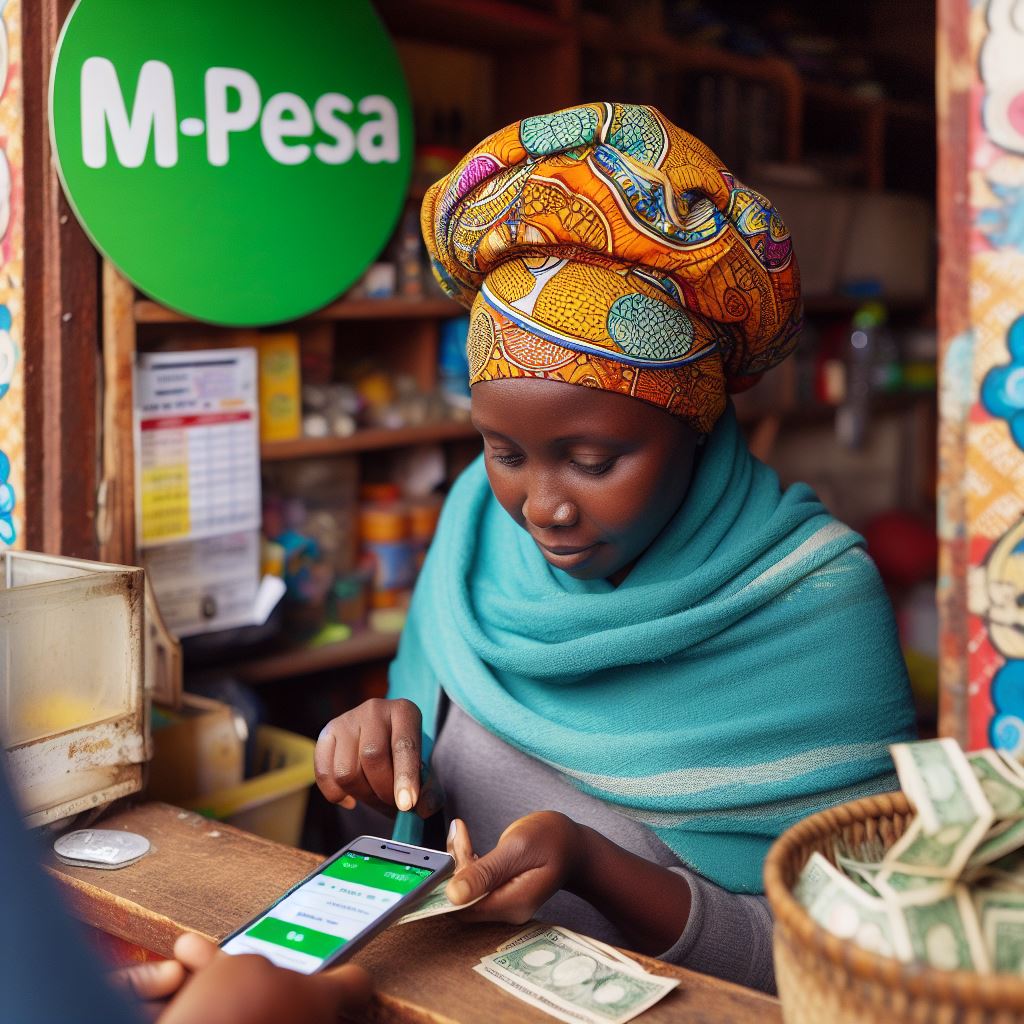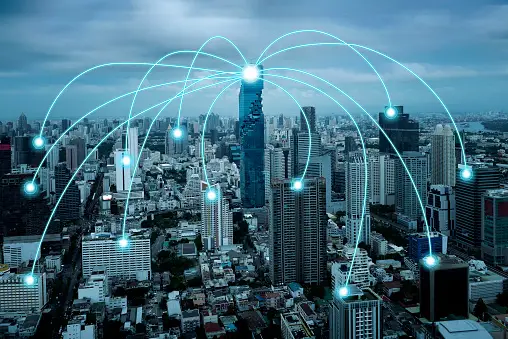This Blog Looks Into The Contribution of Paybill Transactions in The M-PESA Transformation in Kenya.
The Double-Edged Sword: How Paybill Payments Are Transforming M-Pesa in Kenya
Welcome to the digital era where convenience is at your fingertips! In Kenya, M-Pesa has revolutionized how we handle money, making transactions as easy as a few taps on our mobile phones. If you’re one of the many people who rely on M-Pesa’s Paybill service for everything from paying bills to transferring funds, there’s some news you need to catch up on! 2024 brings a new set of charges for M-Pesa’s Paybill services.
Understanding M-Pesa Paybill Services
What is M-Pesa Paybill? M-Pesa, a household name in Kenya, it is not just for sending money to friends or family. It’s also about making life more straightforward with its Paybill service. Imagine you need to pay your electricity bill or school fees. Instead of standing in long queues, M-Pesa lets you do this from your phone. You simply enter the business’s Paybill number, and voilà, payment is made! It’s a game-changer, especially in a fast-paced world where time is precious.
Importance of Paybill in Daily Transactions
This service isn’t just a convenience; it’s a necessity for many. Businesses, big and small businesses rely on it for receiving payments. From supermarkets to local kiosks, it’s everywhere. For individuals, it’s about paying bills without hassle. Need to pay for your TV subscription? M-Pesa has got you covered. It’s not just a transaction method; it’s a way of life seamlessly integrated into the daily routines of millions in Kenya.
Changes in M-Pesa Paybill Charges Over the Years
M-Pesa’s journey has been one of evolution, especially regarding charges. Initially, these charges were relatively high but as digital transactions became more mainstream there was a shift. The Central Bank of Kenya played a role in advocating for more affordable digital transaction costs. This push for affordability is not just about making life more accessible; it’s about encouraging a cashless economy, making financial services accessible to all, and fostering economic growth.
Advantages of M-PESA Paybill Payments
1: Convenience at Your Fingertips
Paybill payments offer undeniable convenience. Gone are the days of carrying cash or navigating complex bank transfers. With a few taps on your phone, you can pay bills for utilities, subscriptions and various services directly from your M-Pesa account. This efficiency benefits both consumers and businesses. Consumers save time and enjoy a smoother payment experience while businesses experience faster settlements and potentially wider customer reach.
2: The Opaque Fees
One of the significant impacts of Paybill is the shift in transaction fees. While Lipa Na Mpesa traditionally charged person-to-person transfers a small, fixed fee, Paybill transactions can incur variable charges depending on the business and the amount paid. This lack of transparency can be frustrating for consumers who may not be fully aware of the additional fees deducted from their M-Pesa balance.
3: The Merchant Math
For small businesses, Lipa Na Mpesa's "Buy Goods" option often meant significant fees, impacting their profit margins. Paybill offers them a more cost-effective solution with lower fees negotiated directly with Safaricom the mobile network operator behind M-Pesa. This has incentivized businesses to migrate towards Paybill, potentially reducing their reliance on cash transactions.
A Cause for Concern?
However, the shift towards Paybill also raises concerns. The increased reliance on Paybill could lead to a decline in the overall volume of person-to-person M-Pesa transactions, a core revenue stream for Safaricom. This, in turn, could lead to potential adjustments in transaction fees across the platform. Additionally, some fear that Lipa Na Mpesa the driver of M-Pesa's initial success might be sidelined.
The Future of M-Pesa
The rise of Paybill signifies M-Pesa's continuous evolution. It highlights the platform's ability to adapt to changing consumer needs and preferences. While challenges like fee transparency and potential revenue decline exist, M-Pesa is likely to navigate these hurdles through innovation and strategic partnerships. Ultimately, the focus will remain on creating a seamless and secure mobile money experience for Kenyans.
The Bottom Line
Paybill payments represent a double-edged sword for M-Pesa. While offering undeniable convenience and cost-effectiveness for both consumers and businesses, it also presents challenges related to fees and potential revenue decline. As M-Pesa continues to evolve, its ability to adapt and innovate will be crucial in maintaining its dominant position in Kenya's mobile money landscape


























